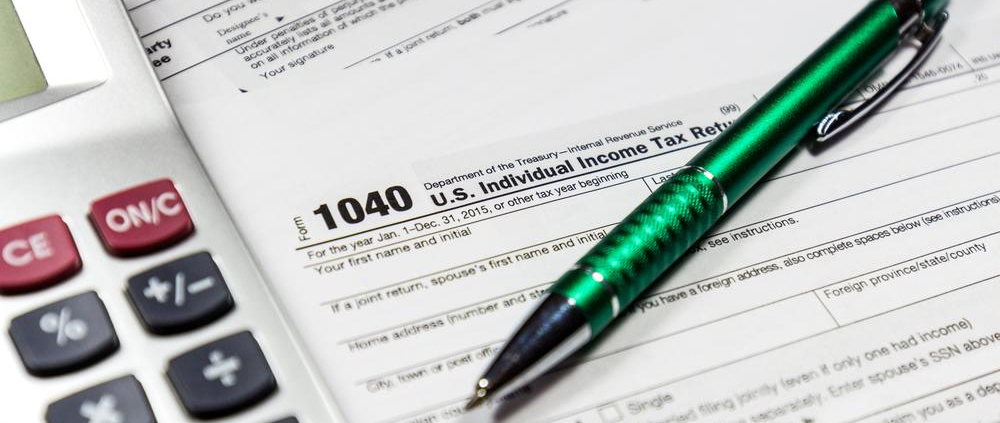Tax Credits and Deductions for Those With Disabilities

The 2017 tax season is upon us, which means it’s also time to explore and utilize the wide collection of tax credits, exemptions and breaks that can help you to see a larger return this year.
But before you start pouring over the numbers, there are a few things you should consider getting into order first, so you don’t run the risk of missing out on any extra funds that you may be entitled to.
Do Your Research
Making sure you’re taking the time to conduct the right amount of research before you start filing will help to save you a couple of headaches in the future.
Aside from the wealth of information found on the Internet, most public libraries and community centers also have resources, including paper forms and even in-house tax preparers that you can use to help file your taxes properly.
Utilize a Tax Professional
Living with a disability can make it more difficult to gather information and file taxes on your own. This is when it’s best to consider employing the services of a trained and knowledgeable tax professional.
Whether it’s a family friend, or someone representing a national company, make sure you find someone who is very familiar with disability tax credits. Their expertise can help you track down the maximum deductions, without having to do extra, unnecessary research.
Disability Benefits That You Can Use
As we’ve mentioned before, there are several tax credits and exemptions that directly benefit people living with disabilities. Below is a concise list of some of the more prominent options:
- Credit for the Elderly and Disabled
- Adoption Credit
- Military and Governmental Income Exclusions
- Disabled Access Credit (for business owners only)
- Work Opportunity Credit (for business owners only)
- Disabled Dependent Medical Expense Deduction
Each of these credits, and several others, all come with their own sets of eligibility rules and stipulations. Be sure to consult a tax professional if you have any questions, or need clarity on which tax benefits work for you.
Tax Resources
Naturally, these suggestions merely scratch the surface in regards to all of the information available out there. For more information about other tax-related breaks and exemptions available in your state, visit the official IRS website.
The National Mobility Equipment Dealers Association (NMEDA) is an advocate for mobility and accessibility for drivers with disabilities. If you need help with converting or buying a handicap accessible car, truck or van, please consider one of our Quality Assurance Program mobility equipment dealers.
